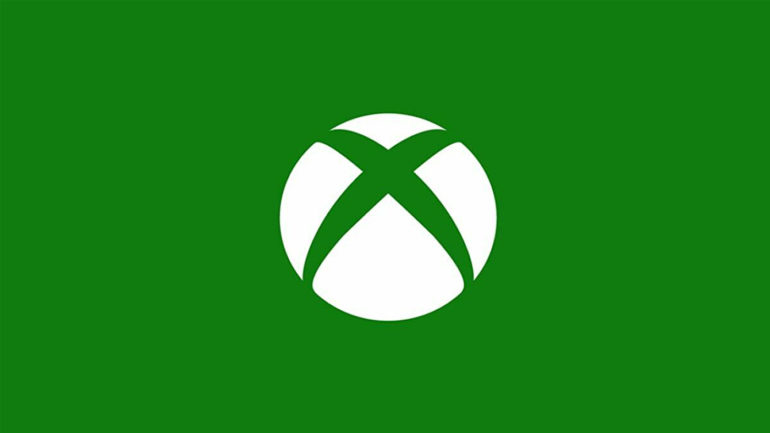Press Start may receive a commission when you buy from links on our site at no extra cost to you.
Update: The FTC’s appeal over the United States District Court for Northern District of California’s decision to rule in favour of Microsoft has been denied, with both Judge Jacqueline Scott Corley and the Ninth Court of Appeals rejecting the appeal. With the deal deadline coming up very quickly on July 18th, it’s looking more and more likely to go ahead in some capacity.
Microsoft still has yet to combat the UK CMA’s blocking of the acquisition but is reportedly looking at a restructured proposal that may include selling its cloud-based gaming rights in the UK to a “telecommunications, gaming or internet-based computing company” or other company if it means appeasing the CMA.
In unsurprising but incredibly “are we still doing this?” news, the FTC has decided to appeal the United States District Court for Northern District of California’s recent decision to rule in favour of Microsoft in a bid to temporarily block the tech giant’s $69 billion acquisition deal with Activision Blizzard from going ahead.
Judge Jacqueline Scott Corley had concluded that the FTC’s case against the merger wasn’t strong enough to say that it would be anti-competitive or that Microsoft wouldn’t honour its commitments to keeping Call of Duty a multiplatform franchise.
“Microsoft’s acquisition of Activision has been described as the largest in tech history. It deserves scrutiny,” Judge Corley said. “That scrutiny has paid off: Microsoft has committed in writing, in public, and in court to keep Call of Duty on PlayStation for 10 years on parity with Xbox. It made an agreement with Nintendo to bring Call of Duty to Switch. And it entered several agreements to for the first time bring Activision’s content to several cloud gaming services.”
Yesterday the Court ruled our acquisition of Activision Blizzard should proceed, and we oppose any further delay. Our statement on the FTC's decision to appeal: pic.twitter.com/EhdO4OHX9g
— Brad Smith (@BradSmi) July 13, 2023
Bloomberg reported earlier that an appeal was likely, quoting Robert Lande, a professor at University of Baltimore School of Law, who believed that Corley was too rigid on the level of certainty required from the FTC’s case. Lande said the law only required that the agency show that a deal may harm competition, not prove definitively that it would, saying, “I believe the judge evaluated the case using the wrong standard and I believe the FTC should appeal.”
And so now it will, although it’s been pointed out that even with an appeal, it’s not likely that the Appeals Court would be able to rule on it before the all-important deadline for the acquisition deal, which is on July 18th.



